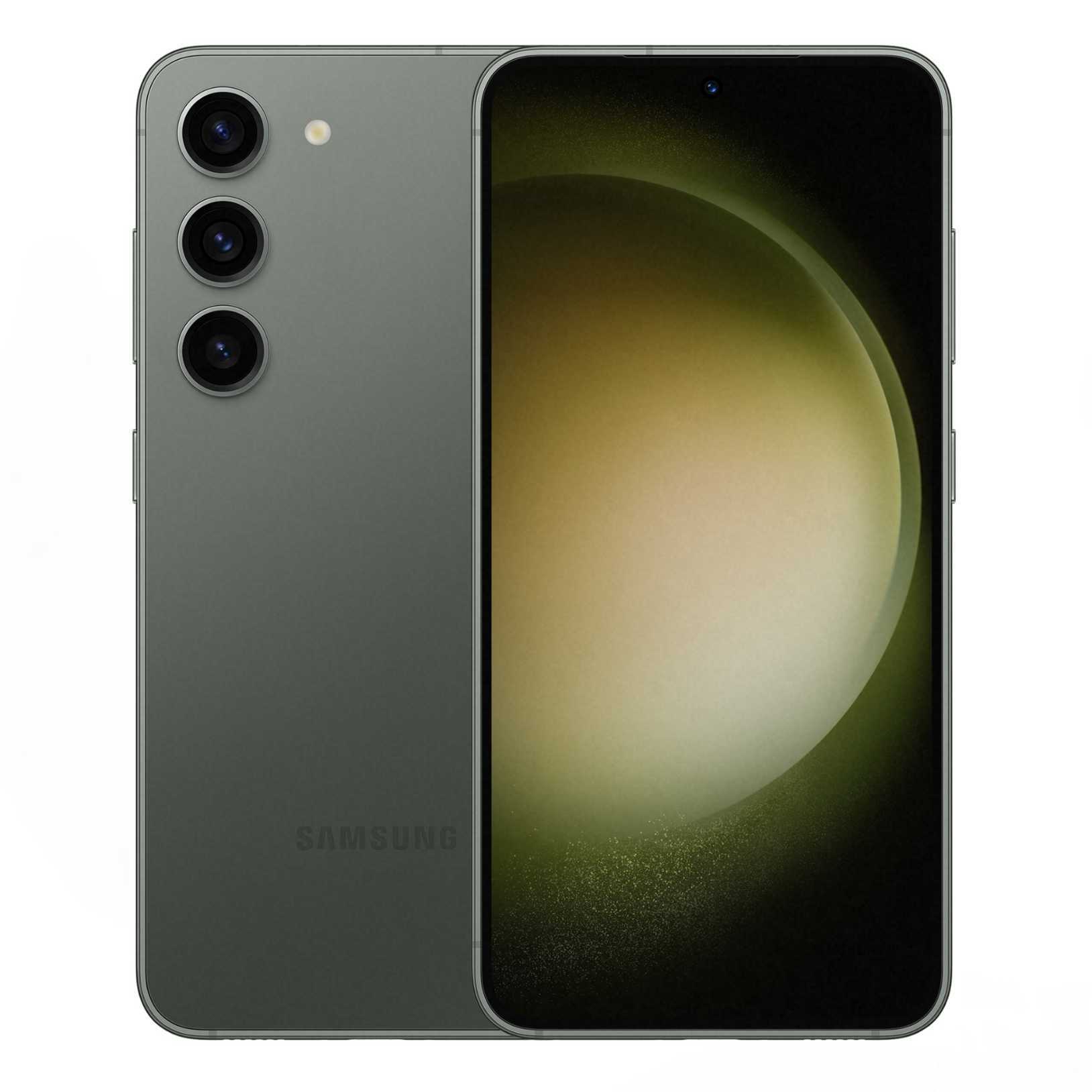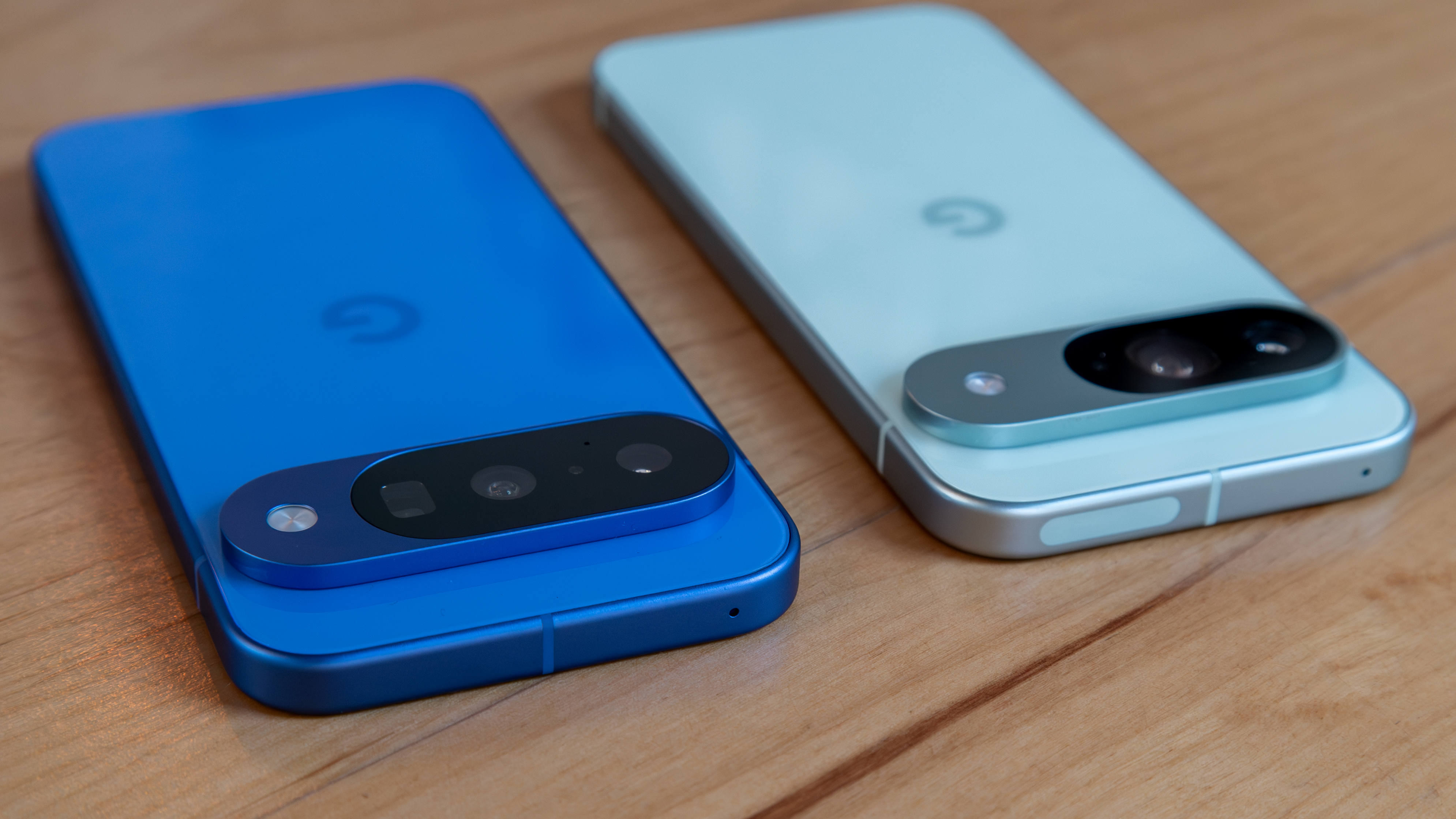Bye-bye Exynos! Galaxy S23 series uses the Snapdragon 8 Gen 2 globally, and it's a win-win for Qualcomm and Samsung
Samsung isn't offering an Exynos variant of the Galaxy S23.
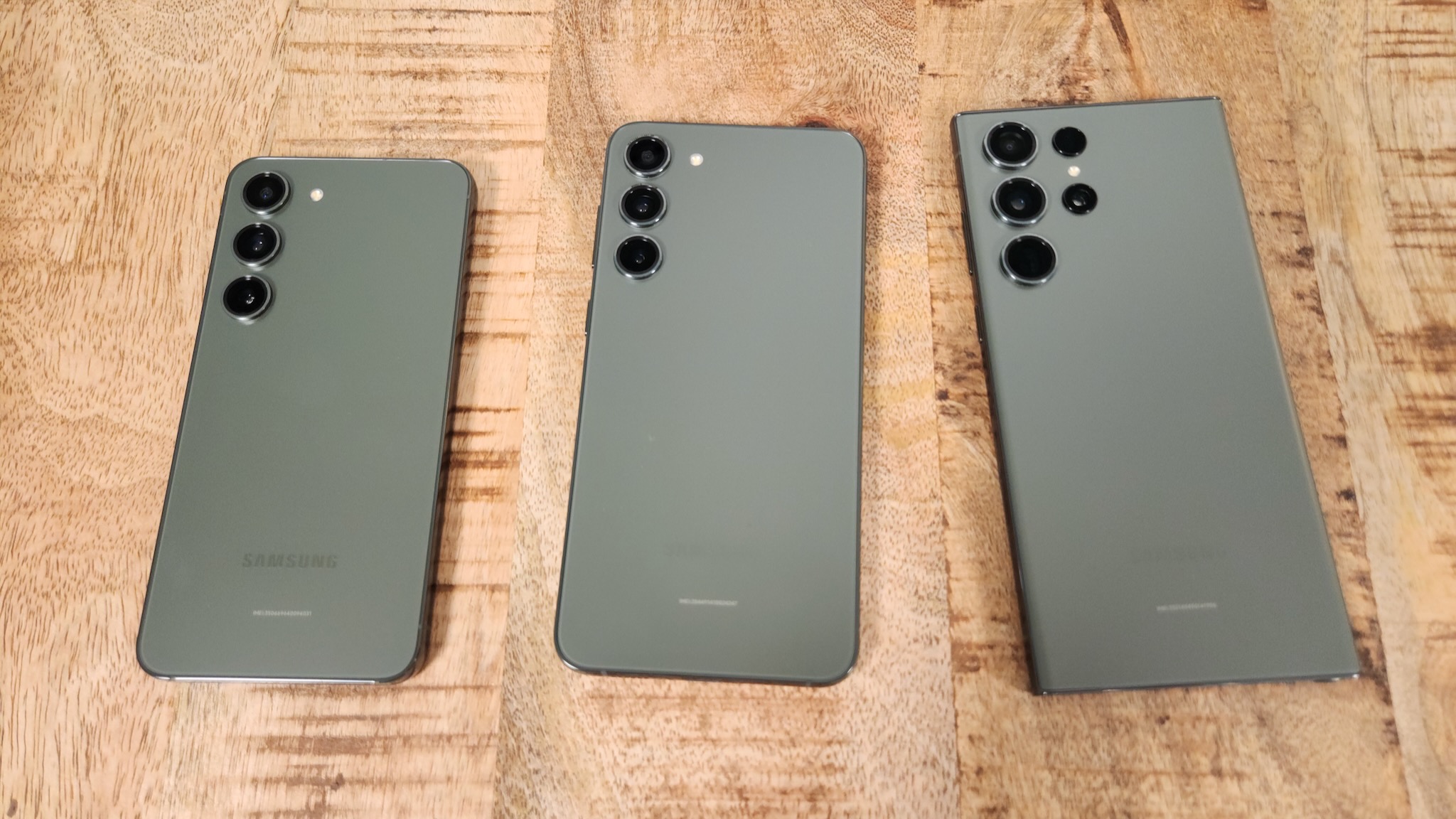
The Galaxy S23 series is official, and while there's a lot to be excited about, Samsung is doing things differently in one key area. For the first time in nearly a decade, Samsung is offering Qualcomm's Snapdragon 8 Gen 2 for all Galaxy S23 models globally, with no Exynos variant on offer. The last time Samsung did this was with the Galaxy S5 back in 2014, so this is a momentous occasion.
Samsung relied on a dual-sourcing strategy for the last five years, with the South Korean manufacturer leveraging the Qualcomm-powered variants of its Galaxy S series for North America, Korea, and China, while launching Exynos-powered versions in other regions. That strategy saw a shift last year as Samsung started introducing the Snapdragon 8 Gen 1-powered version of the Galaxy S21 in more global markets — including key regions like India and the UAE.
Samsung is building on that foundation with the Galaxy S23 series by using Qualcomm's chipset throughout the world. The new "Snapdragon 8 Gen 2 for Galaxy" is essentially the same Snapdragon 8 Gen 2 that was launched in late 2022, but the prime Cortex-X3 core is clocked higher at 3.36GHz, meaning Samsung's phones should be able to get more performance out of them.
This is obviously a huge deal for Qualcomm, but also a major win for Samsung as it now has a flagship product line that's identical globally. The move makes the latest devices significantly more enticing to customers in the U.K. and other European markets where Samsung only sold Exynos versions until now.
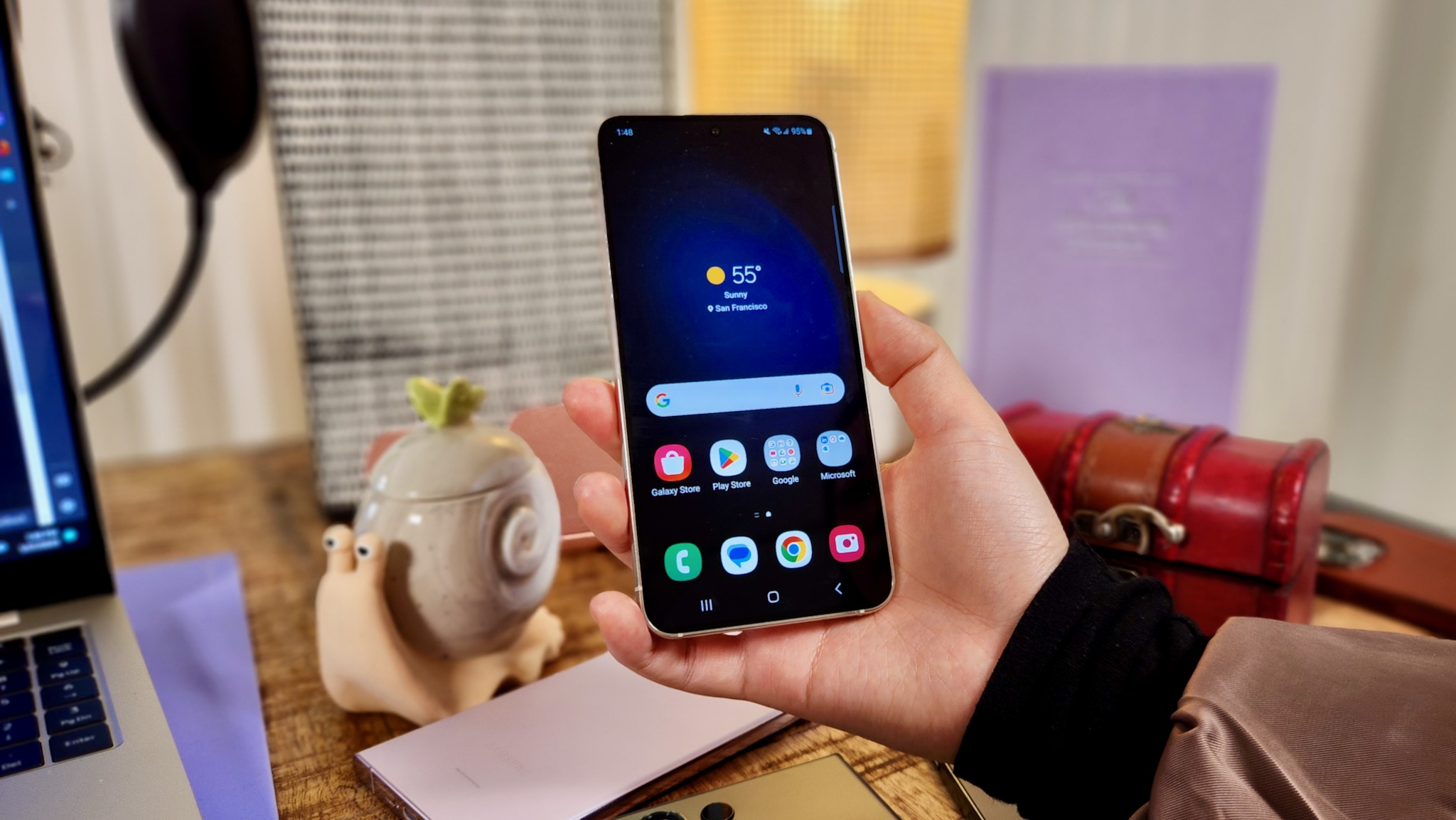
Of course, Qualcomm isn't short of partners; the Chinese contingent of OPPO, Vivo, Xiaomi, and OnePlus use its chipsets exclusively in their high-end phones, but none of these manufacturers come close to Samsung's scale. Samsung has an unassailable lead in the flagship category, and it is often the only Android alternative to the iPhone in key western markets.
Samsung sold just shy of 30 million units of the Galaxy S22 series last year, and that's several magnitudes more than the sales of all other high-end Android phones put together. Qualcomm now gets a bigger share of that lucrative pie, and it's no wonder that the chip vendor is making a big deal of the partnership.
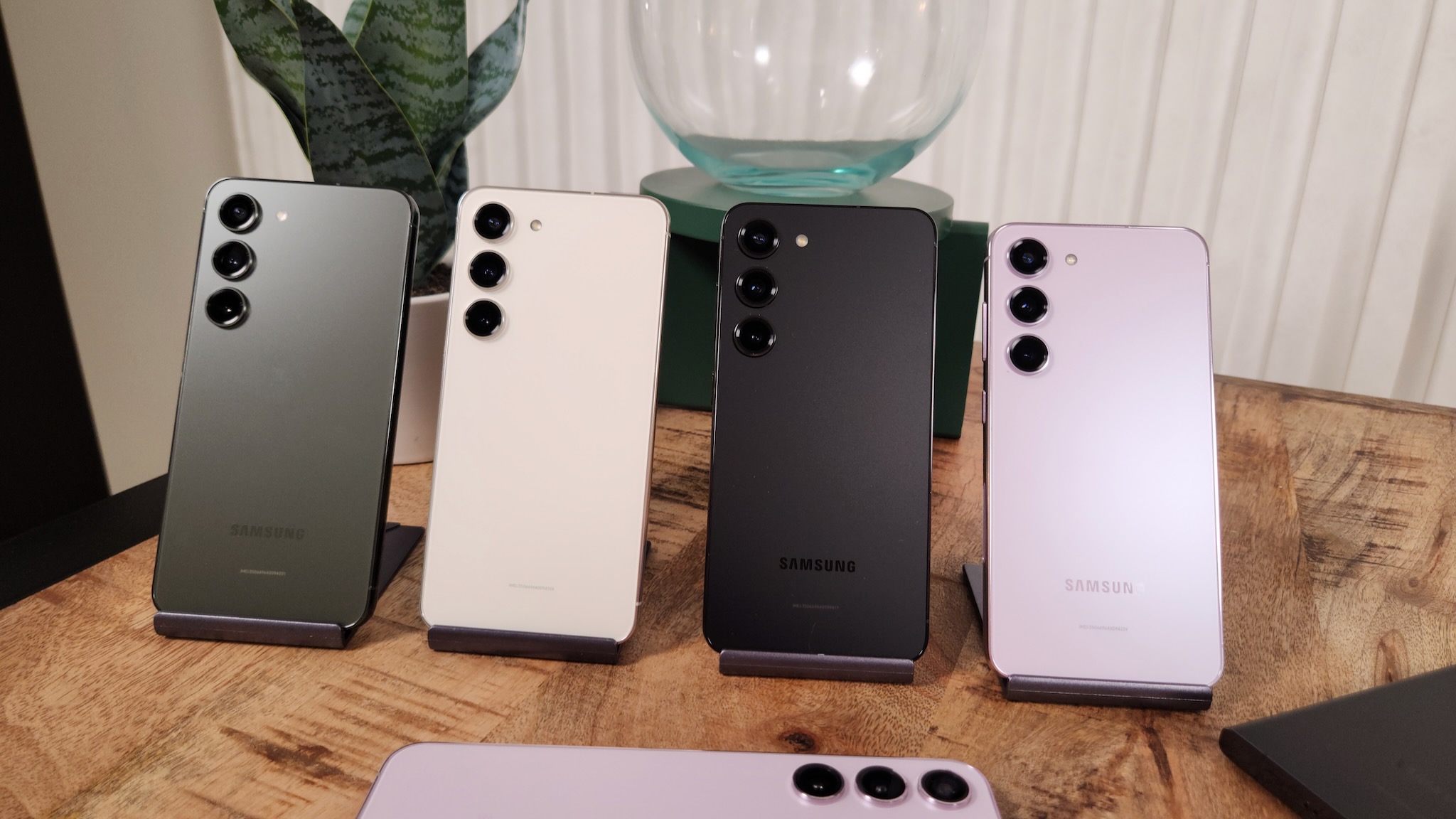
This is also the right move for Samsung as it ensures customers across the world have a similar experience when using the Galaxy S23 series. That definitely wasn't the case in previous years as regions that got the Exynos variants had a distinctly sub-par device. It wasn't that the Exynos chipsets were inherently bad, but they never measured up to their Snapdragon counterparts.
Get the latest news from Android Central, your trusted companion in the world of Android
I've had my share of issues with Exynos-powered Galaxy S flagships in the past. The custom Mongoose cores that Samsung used up until the Exynos 990 had a tendency to overheat, so the devices always hit their thermal limit sooner than the Snapdragon versions, affecting sustained performance. The Galaxy S20 was particularly bad at this, so much so that Samsung started using off-the-shelf Arm cores with the next generation.
Battery drain was also a huge problem with the Exynos-based versions, and this was a problem on last year's Galaxy S22 series as well. Gaming was another area where Exynos designs didn't quite cut it, and while Samsung LSI sought to fix things by teaming up with AMD, but it hasn't quite netted the results Samsung was looking for just yet.
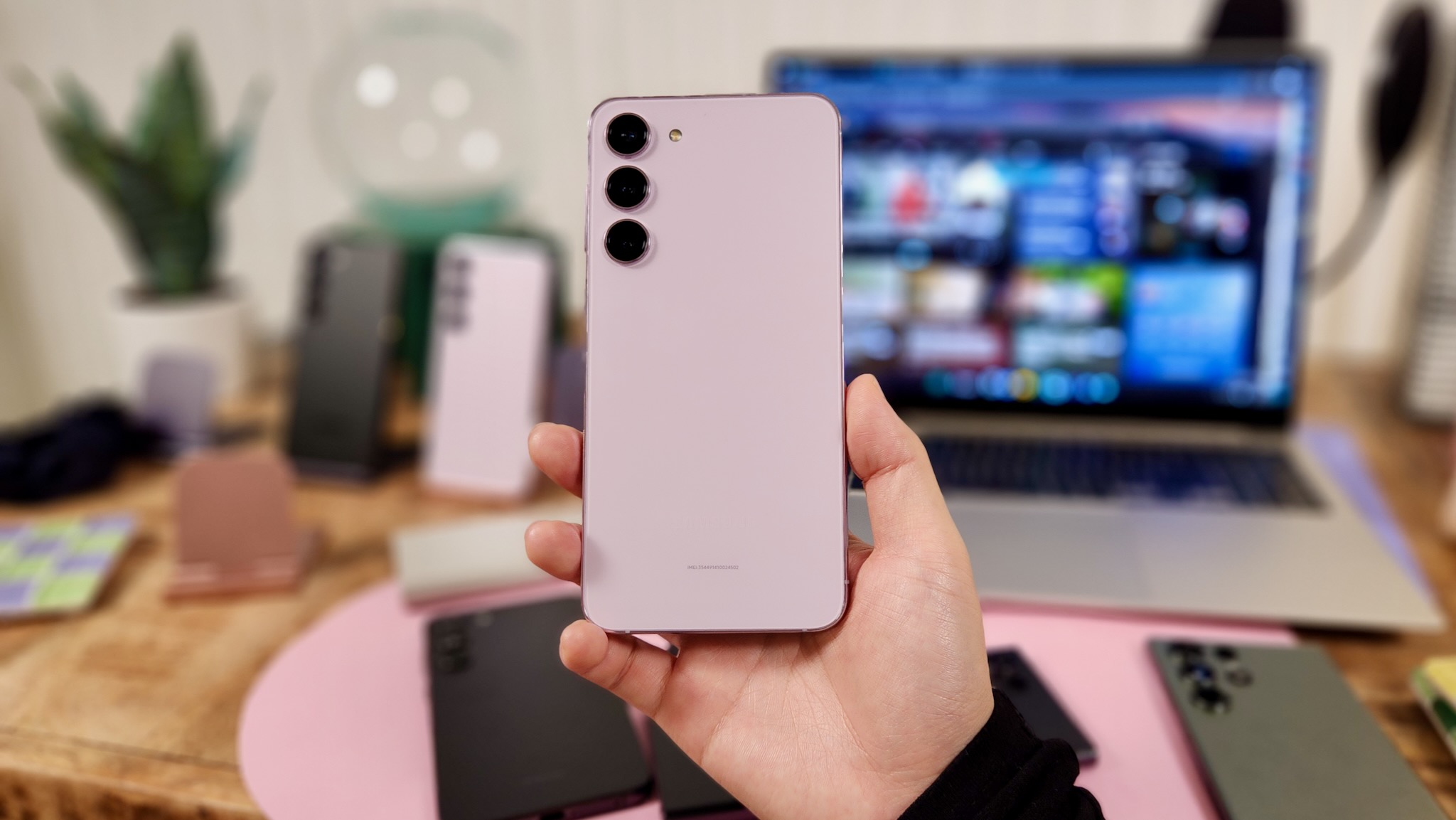
More than anything else, it felt like the Exynos versions were holding the Galaxy S line back. Because Samsung had to maintain feature parity between the Exynos and Snapdragon versions, it couldn't leverage all the features Qualcomm offered on its chipsets, and that led to devices that didn't hit their full potential.
In that context, I'm astonished it took Samsung this long to go all-in on Qualcomm, but I can understand the manufacturer's reticence — the dual-sourcing strategy began as a way to reduce reliance on one vendor. That's why Exynos was always the fallback choice, but given the slate of issues over the years, I'm glad Samsung is finally making amends with the Galaxy S23 series.
There is a lot of excitement about the move, with Qualcomm touting all the new features coming to the Galaxy S23 thanks to the exclusive use of the Snapdragon 8 Gen 2, including a Cognitive ISP, new gaming features, Wi-Fi 7 and global 5G connectivity, and upgraded AI use cases. In short, we're looking at the best Android phones of the year.
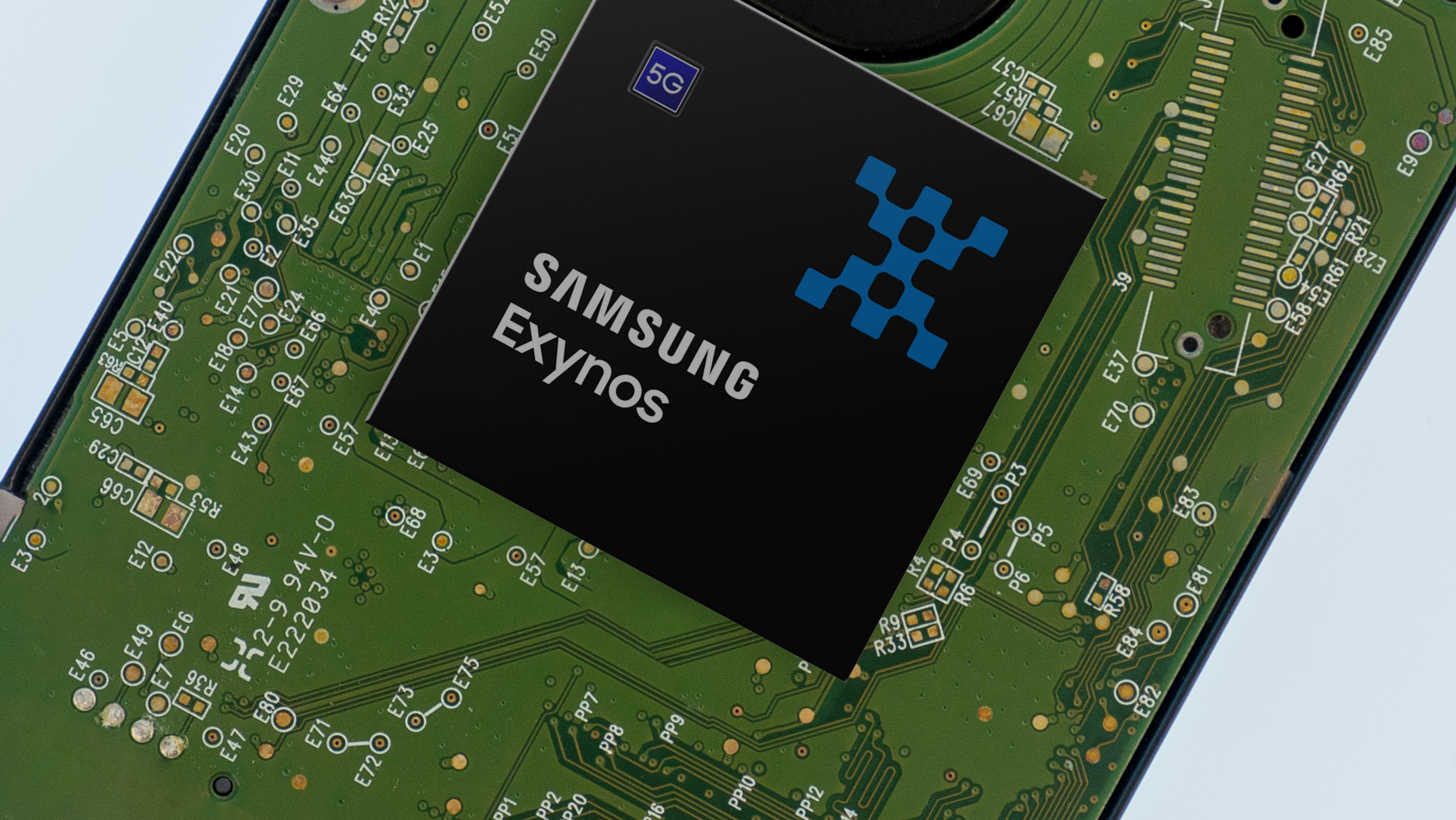
So where does that leave Exynos? It's entirely likely that the chipset will make a return in a few years — Samsung LSI sunk too much money into the platform to let it fall to the wayside. It's possible that Samsung will use Qualcomm globally for the Galaxy S series for two or three years, following which we will see the resurgence of Exynos.
The mobile chipset industry needs strong competition more than ever, and with the withdrawal of Huawei in recent years, the number of players has decreased to just three: Qualcomm, MediaTek, and Samsung LSI. I'm looking forward to seeing what a new incarnation of Exynos has to offer, but for now, I'm thrilled that Samsung is extending the Qualcomm partnership to cover all regions.
With the overall handset market in decline — Samsung's profits hit an eight-year low in Q4 2022 — and customers holding on to their phones for longer, Samsung needed to do something markedly different to make the Galaxy S23 series stand out. And by introducing the Snapdragon 8 Gen 2 version globally, it is doing just that.
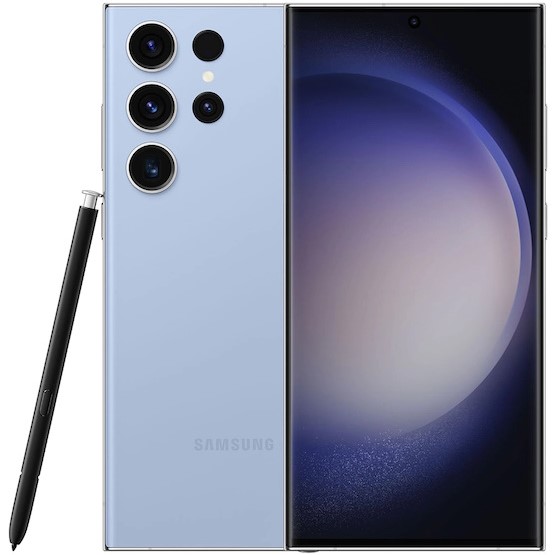
The Galaxy S23 Ultra delivers everything you could want from a high-end phone in 2023. You get a 200MP camera that takes incredible images in any lighting scenario, the latest hardware with zero overheating issues, and a battery that lasts longer. There isn't a more feature-rich device available today.

Harish Jonnalagadda is Android Central's Senior Editor overseeing mobile coverage. In his current role, he leads the site's coverage of Chinese phone brands, networking products, and AV gear. He has been testing phones for over a decade, and has extensive experience in mobile hardware and the global semiconductor industry. Contact him on Twitter at @chunkynerd.
